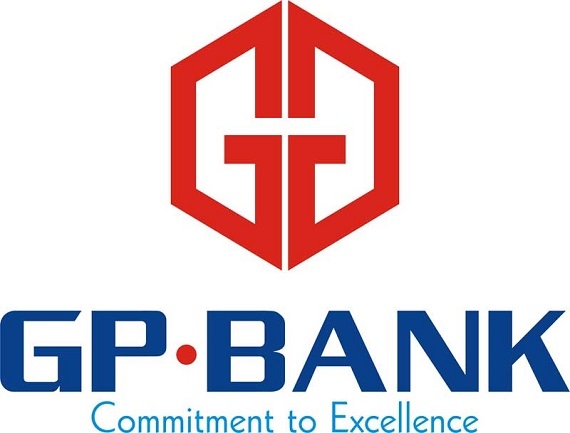Vietnam considers selling a bank to foreigners

GP Bank may be sold to Singaporean United Overseas BAnk.
The State Bank has made an ambiguous statement that it is awaiting the Prime Minister’s decision on the suggested GP Bank restructuring plan, under which the bank would be sold to foreigners.
Tri Thuc Tre has quoted its sources as saying that the Singaporean United Overseas Bank (UOB) would buy a high proportion of the bank’s stakes if the deal is approved by the government.
UOB is now the biggest bank in Singapore, if not including Citibank Singapore, belonging to the US Citigroup. In 2008, UOB bought 10 percent of stakes of Southern Bank. After that, it bought 10 percent more to hold 20 percent of stakes in the Vietnamese bank.
Experts believe that the State Bank has every reason to suggest selling GP Bank to foreigners. As the bank’s health is too bad and it still cannot find the “light at the end of tunnel,” it would be better to sold to foreigners.
If the deal succeeds, the bank restructuring process in Vietnam would make a big leap, which would bring big benefits to the whole banking system.
However, Cao Sy Kiem, former Governor of the State Bank of Vietnam, does not think this would become true, saying that buying GP Bank’s stakes might be the suggestion made by foreign investors.
Under the current regulations, a foreign investor can hold up to 15 percent of stakes of a domestic bank. In special cases, he can hold up to 20 percent, if this gets the nod from the Prime Minister.
The draft decree on the foreign ownership ratios in Vietnamese credit institutions has shown little changes in the ratios in comparison with the current regulations (the strategic partner must not own more than 20 percent of chartered capital, while all the foreign investors must not own more than 30 percent).
As for the weak banks which have to undergo the compulsory restructuring, the foreign ownership ratios may be higher, which is decided by the Prime Minister. However, the foreign ownership ratio will never be 100 percent.
The State Bank still has not made official decisions on the involvement of foreign credit institutions in the domestic banks’ restructuring. However, some foreign investors said Vietnam should allow foreign investors to hold 51 percent of the chartered capital in “weak banks” at maximum, and 75 percent in “very weak banks.”
It is a growing tendency in Vietnam that domestic banks “admit” foreign investors to their institutions. Not only the weak banks, which have to undergo the compulsory restructuring, want to cooperate with foreign banks. A report showed 13 Vietnamese banks have sold stakes to foreign investors, and all of them do not belong to the group of weak banks.
Alain Cany from the Vietnam Business Forum also thinks that the powerful financial capability and experiences of foreign investors can help speed up the domestic bank restructuring process. However, it’s still difficult to implement the method because Vietnam is still reluctant to lift the ceiling foreign ownership ratio.
Some economists have expressed their worry that the lifting of the foreign ownership ratio may lead to the increase in the cross-ownership which would allow foreigners to control Vietnamese banks.
What the stars mean:
★ Poor ★ ★ Promising ★★★ Good ★★★★ Very good ★★★★★ Exceptional
Latest News
More News
- NAB Innovation Centre underscores Vietnam’s appeal for tech investment (January 30, 2026 | 11:16)
- Vietnam moves towards market-based fuel management with E10 rollout (January 30, 2026 | 11:10)
- Vietnam startup funding enters a period of capital reset (January 30, 2026 | 11:06)
- Vietnam strengthens public debt management with World Bank and IMF (January 30, 2026 | 11:00)
- PM inspects APEC 2027 project progress in An Giang province (January 29, 2026 | 09:00)
- Vietnam among the world’s top 15 trading nations (January 28, 2026 | 17:12)
- Vietnam accelerates preparations for arbitration centre linked to new financial hub (January 28, 2026 | 17:09)
- Vietnam's IPO market on recovery trajectory (January 28, 2026 | 17:04)
- Digital economy takes centre stage in Vietnam’s new growth model (January 28, 2026 | 11:43)
- EU Council president to visit Vietnam amid partnership upgrade (January 28, 2026 | 11:00)
















 Mobile Version
Mobile Version